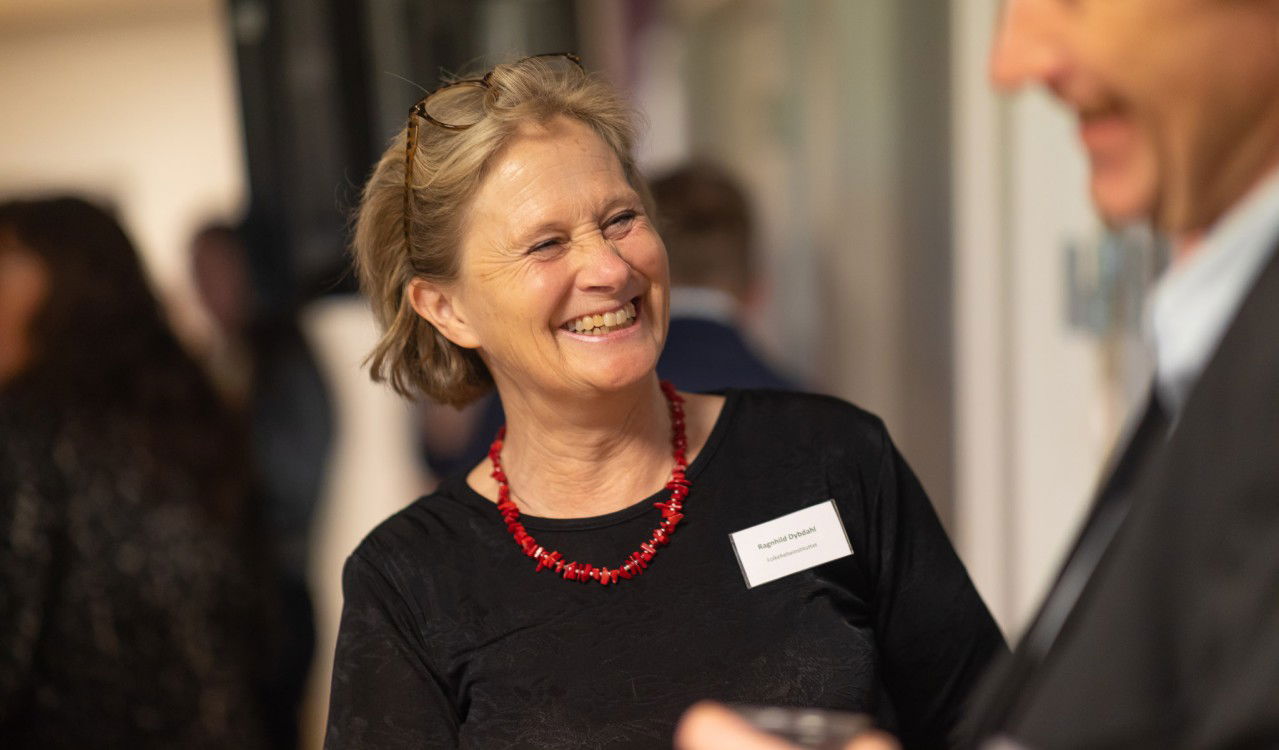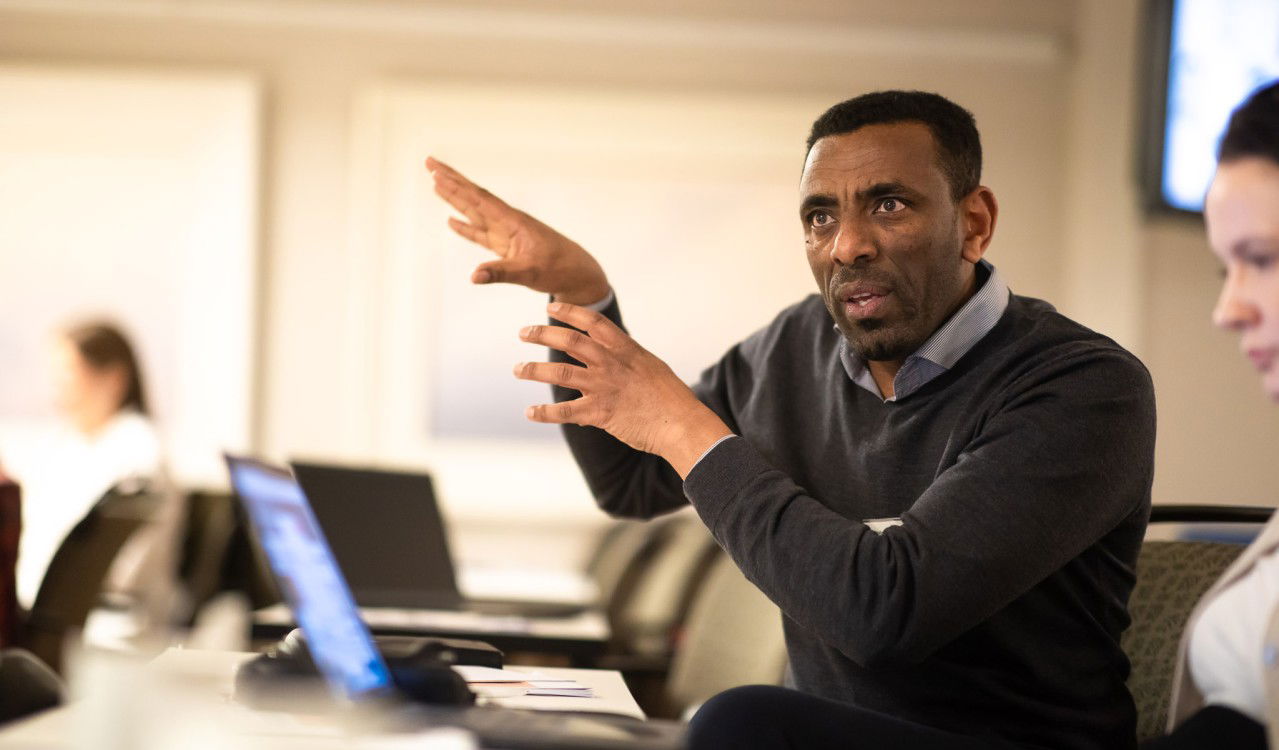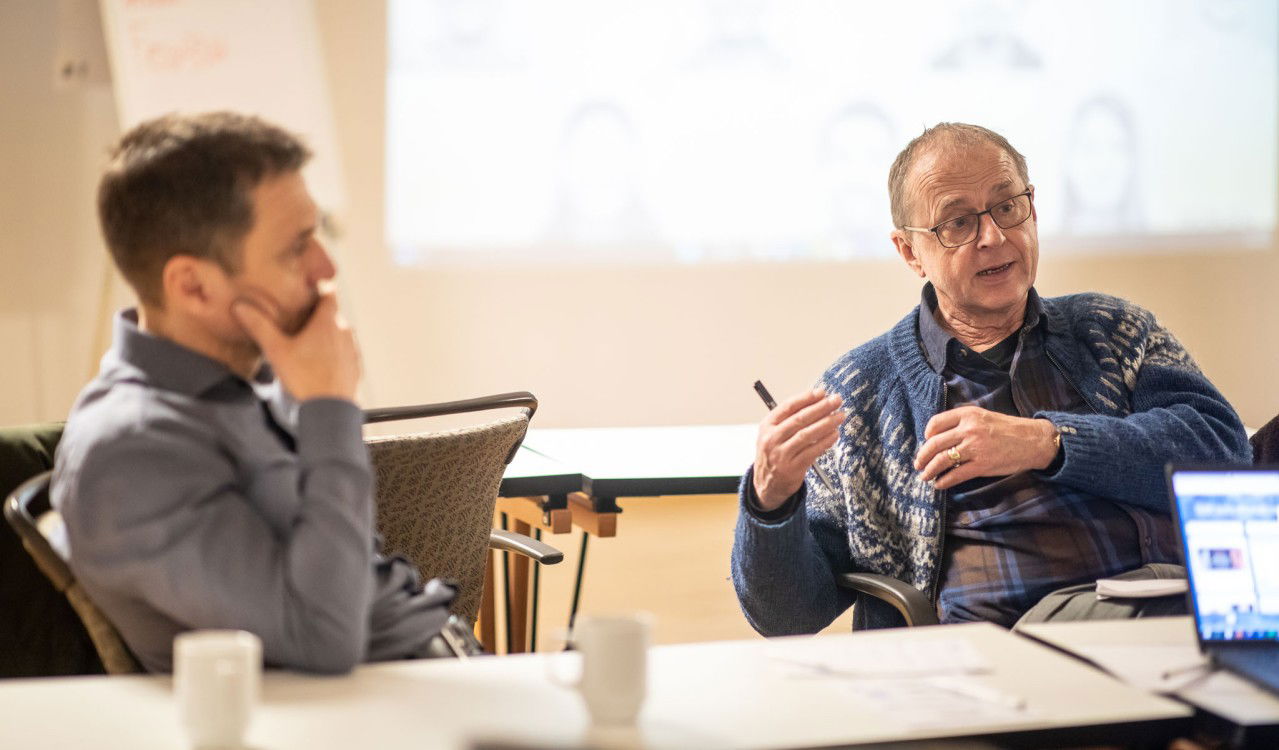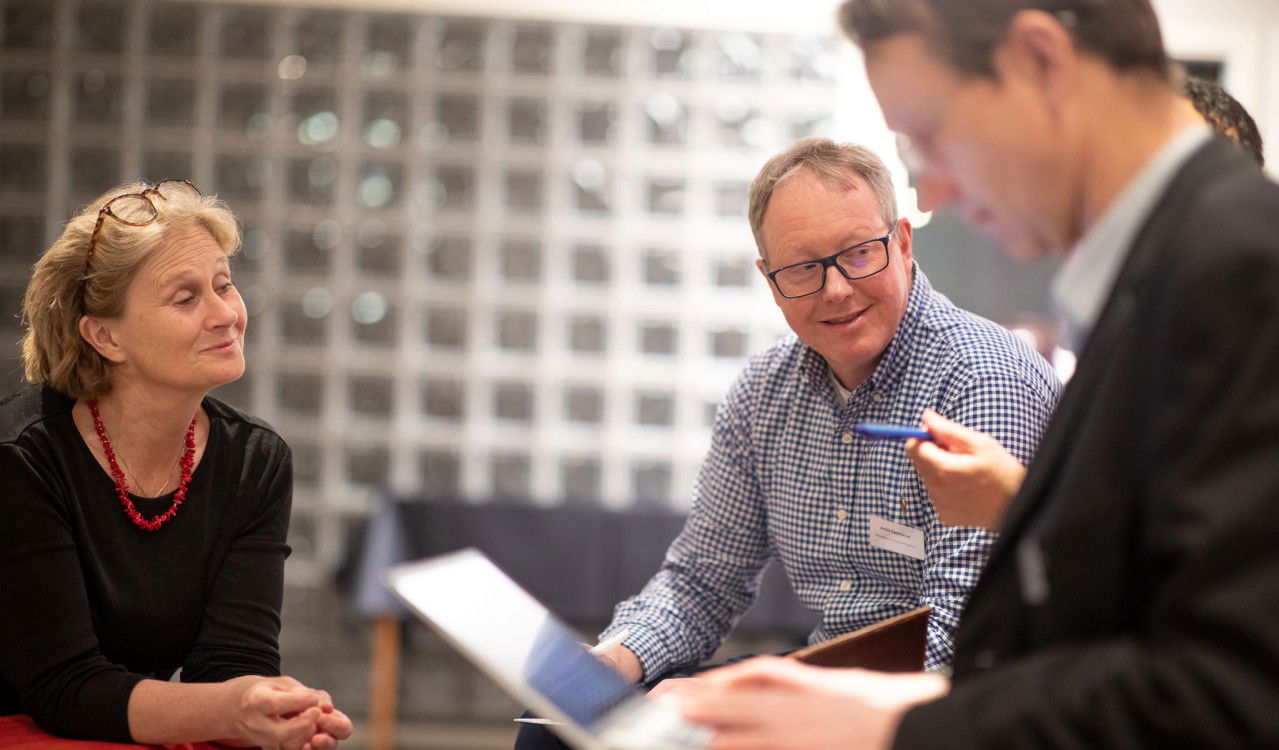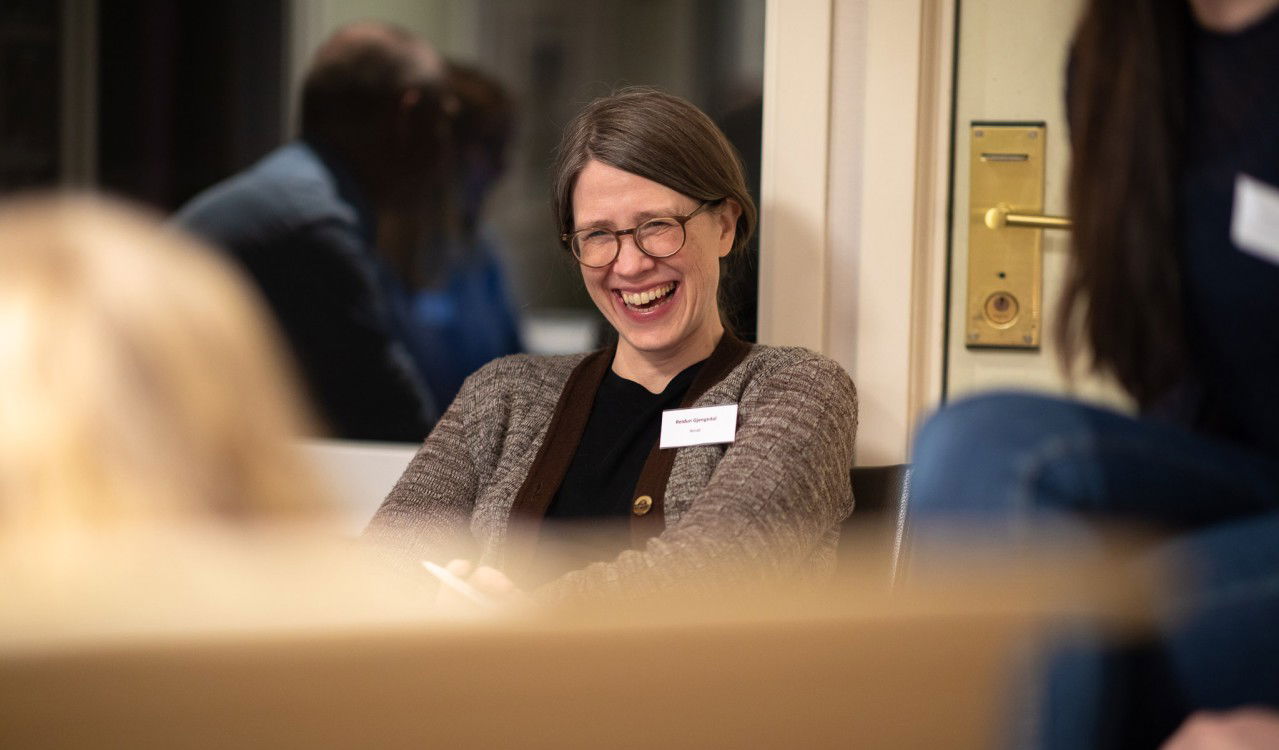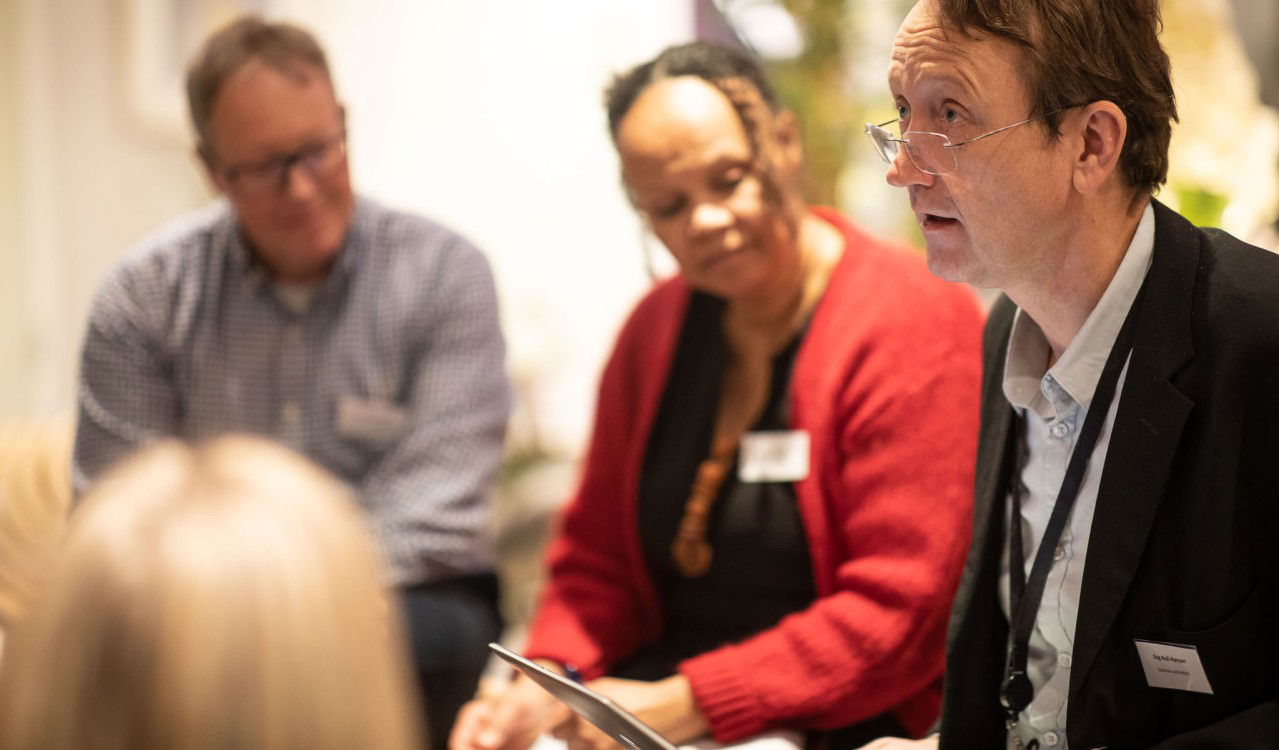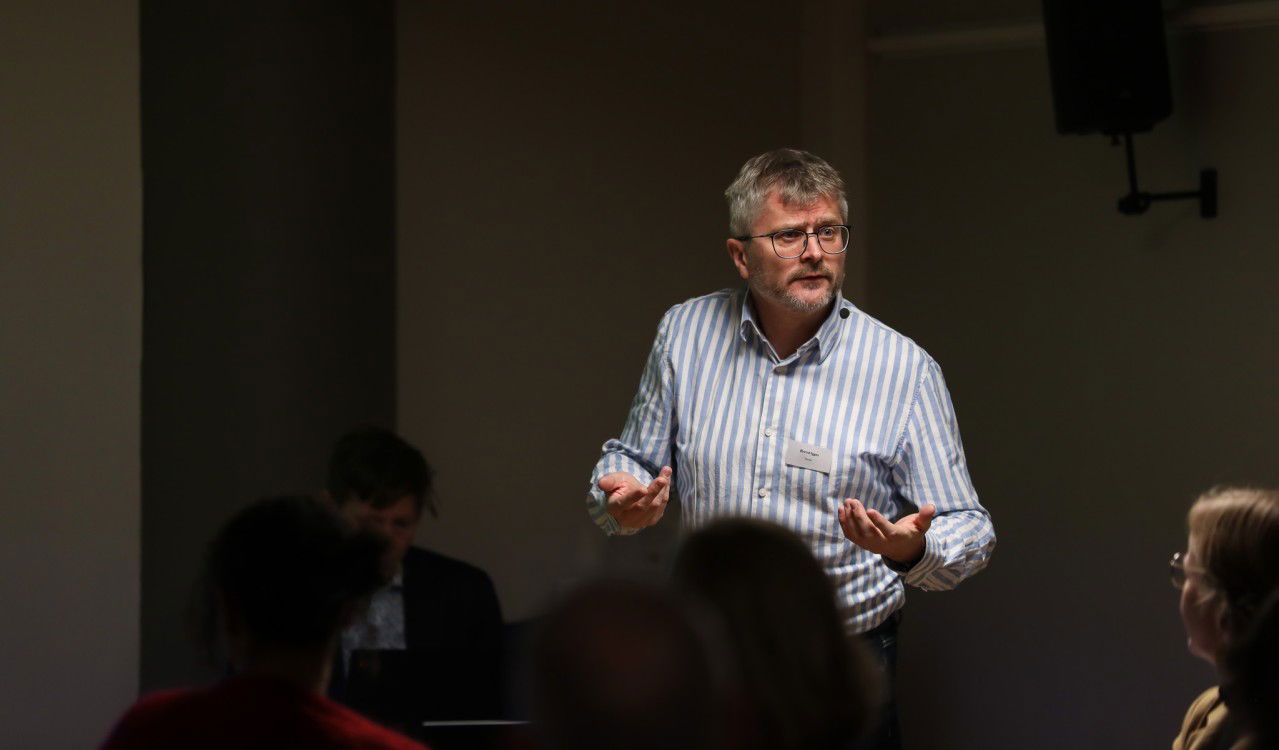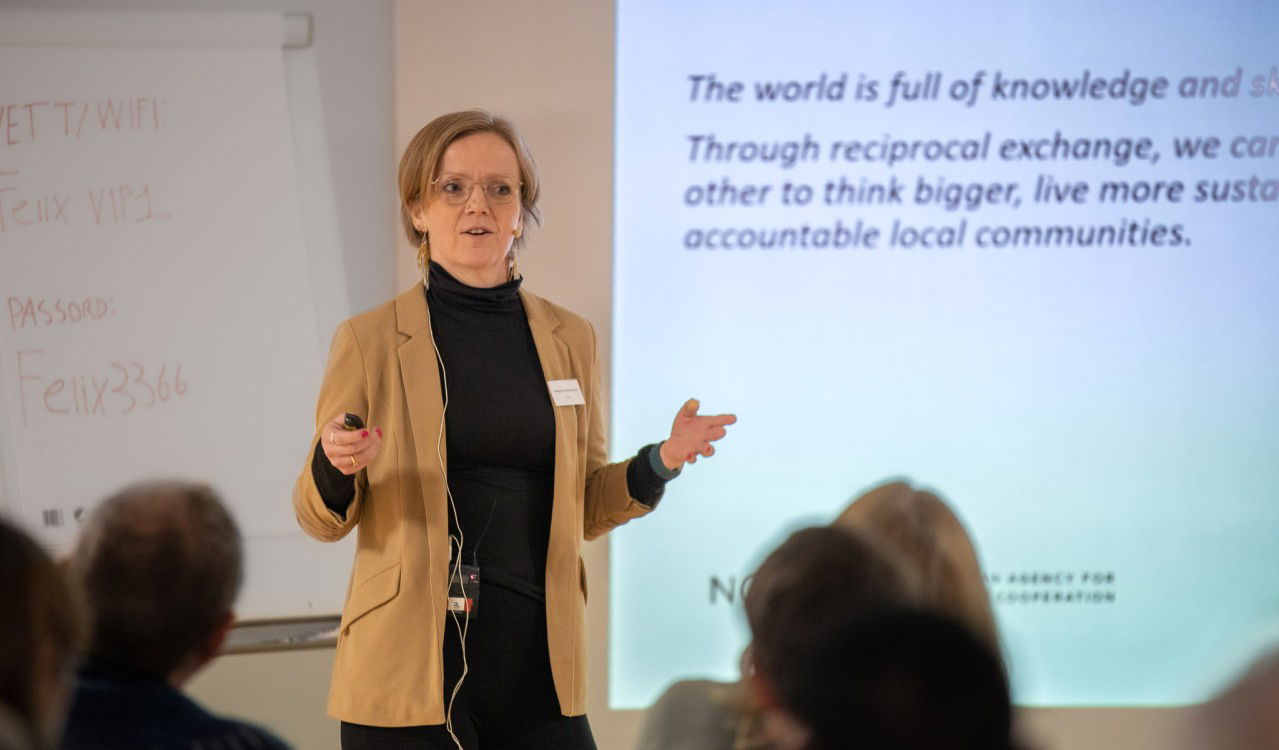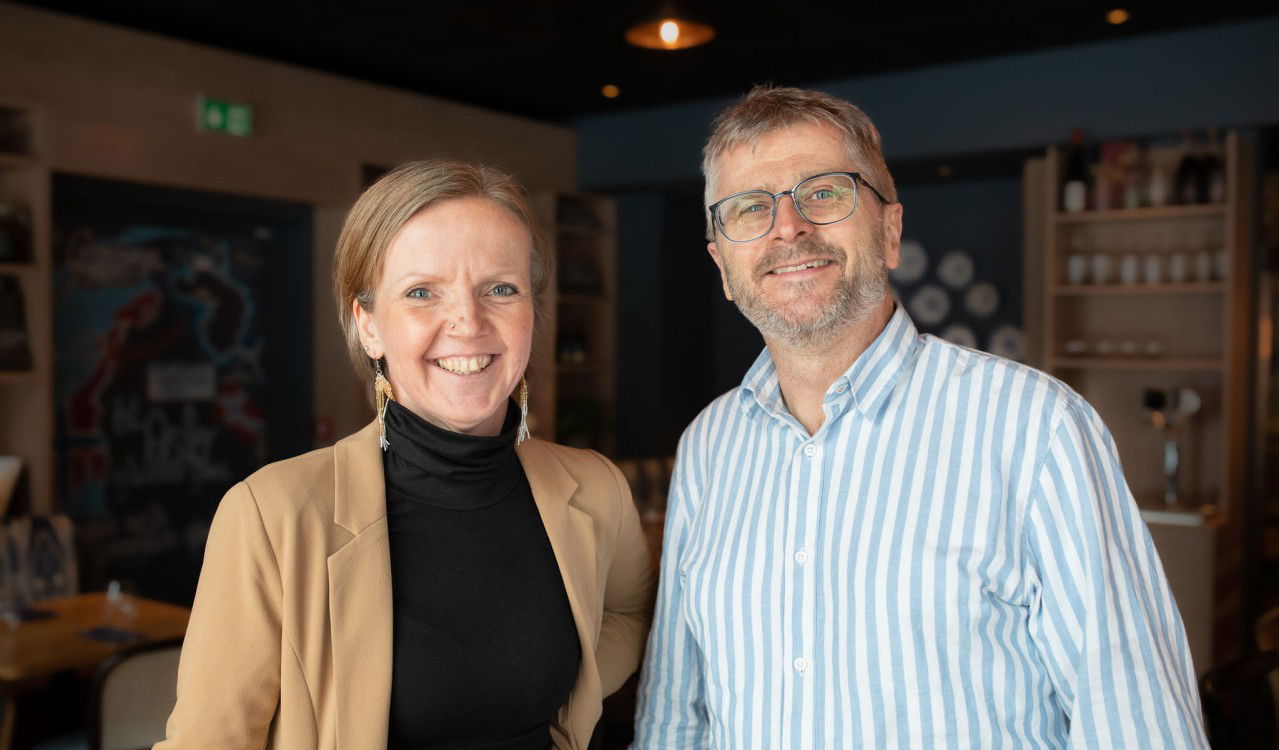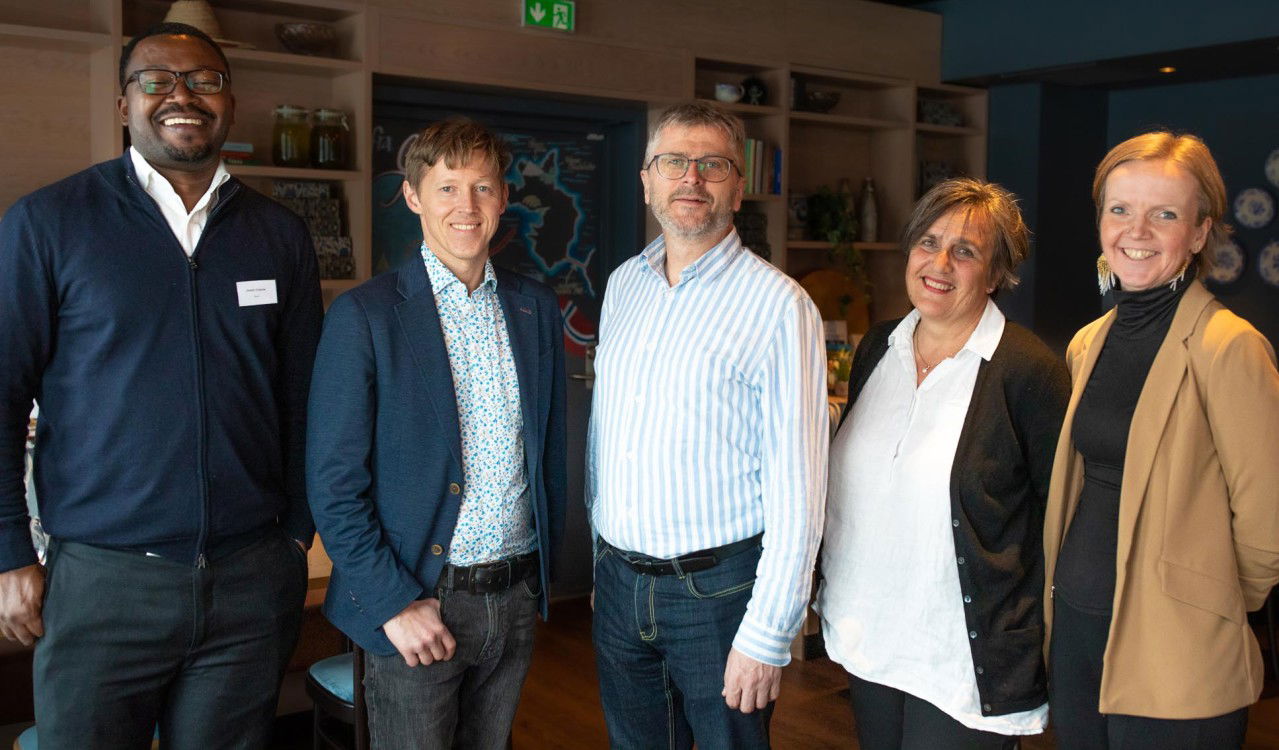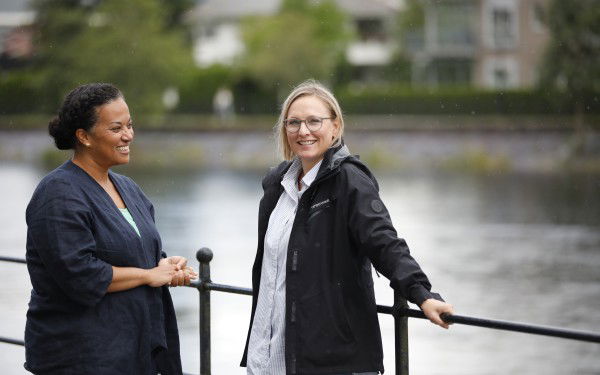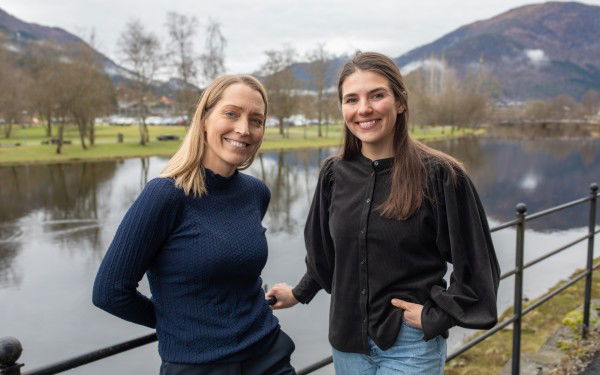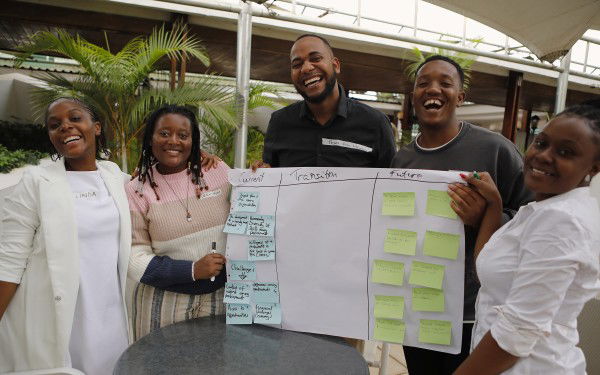Knowledge Bank and Norec organise joint seminar
22. May 2023
This spring the Knowledge Bank at Norad, the Norwegian Agency for Development Cooperation, and Norec hosted a seminar that brought together 50 experts working to strengthen institutions in the South. After a successful event, both organisations see possibilities to collaborate on new initiatives.
How do we go about creating good partnerships with institutions in the South? This question formed the backdrop when Norec and the Knowledge Bank at Norad invited experts to attend the seminar ‘Partnership and Institutional Cooperation’.
In attendance were 50 of the Knowledge Bank’s partners from Norwegian public institutions, as well as participants invited by NORHED, the Norwegian Programme for Capacity Development in Higher Education and Research for Development. The attendees were both new to Norwegian institutional cooperation and heavyweights with many years of experience.
– We believe that everyone whose work focuses on cooperation among institutions benefits from getting to know each other better. Hopefully, this will lead to more interaction in the future, especially when we’re working in the same countries, says the head of the Knowledge Bank at Norad, Øyvind Eggen.
Tapping into experiences from inter-institutional cooperation
As professional bodies under the Ministry of Foreign Affairs, both Norad and Norec are involved in Norwegian development policies.
– Both Norec and Norad work to achieve the UN Sustainable Development Goals through our partners. So, in the spirit of institutional cooperation, it’s fantastic that we can use the experiences we’ve gained, says Head of Section – Training, Øystein Garfors from Norec.
Agenda items were challenges, research on institutional cooperation, capacity development as a development goal, intercultural expertise and ways to create good partnerships in practice.
– In the future, we may also be organising more specific seminars on different themes. But right now, we believe it’s useful to share experiences across various disciplines, says Eggen.
The most challenging goal of all
Even though cooperation partners and projects can be quite different, they share one distinct commonality.
– What we have in common is the goal to strengthen capacity at extremely important institutions in low and middle-income countries, emphasises Head of the Knowledge Bank, Øyvind Eggen.
– As far as I see it, this is one of the most important goals of development policies. But it is also one of the most challenging ones, he says.
-
Knowledge Bank at Norad
- The Knowledge Bank strengthens public institutions in areas in which Norway has relevant expertise and important experience.
- It facilitates long-term knowledge partnerships between public institutions in Norway and their sister organisations with comparable community tasks in developing countries.
- Over 20 Norwegian institutions are partners and their expertise and experiences comprise the most important ‘assets’ of the Knowledge Bank.
-
Norhed
- The Norwegian Programme for Capacity Development in Higher Education and Research for Development (NORHED) was established by Norad in 2012.
- The goal of the NORHED programme is to strengthen the capacity of higher education institutions in low and middle-income countries to enable them to produce more and better qualified graduates and to facilitate high-quality research conducted by the country’s own researchers.
- The programme is designed to strengthen the capacity of higher educational institutions in low and middle-income countries in six areas: education, health, climate change & natural resources, political & economic governance, humanities & social sciences, and energy.
Actively involving partners in the South
Frequent topics in the group discussions were the need for closer cooperation, improved dialogue and communication, and a desire to create a partnership of equals.
– We need to focus on interaction and ask ourselves: Who are we in the vast landscape? What kinds of expertise do we have and how can we learn from our cooperation partners in the South? says Director of Programmes at Norec, Margunn Indrebø-Alshaikh.
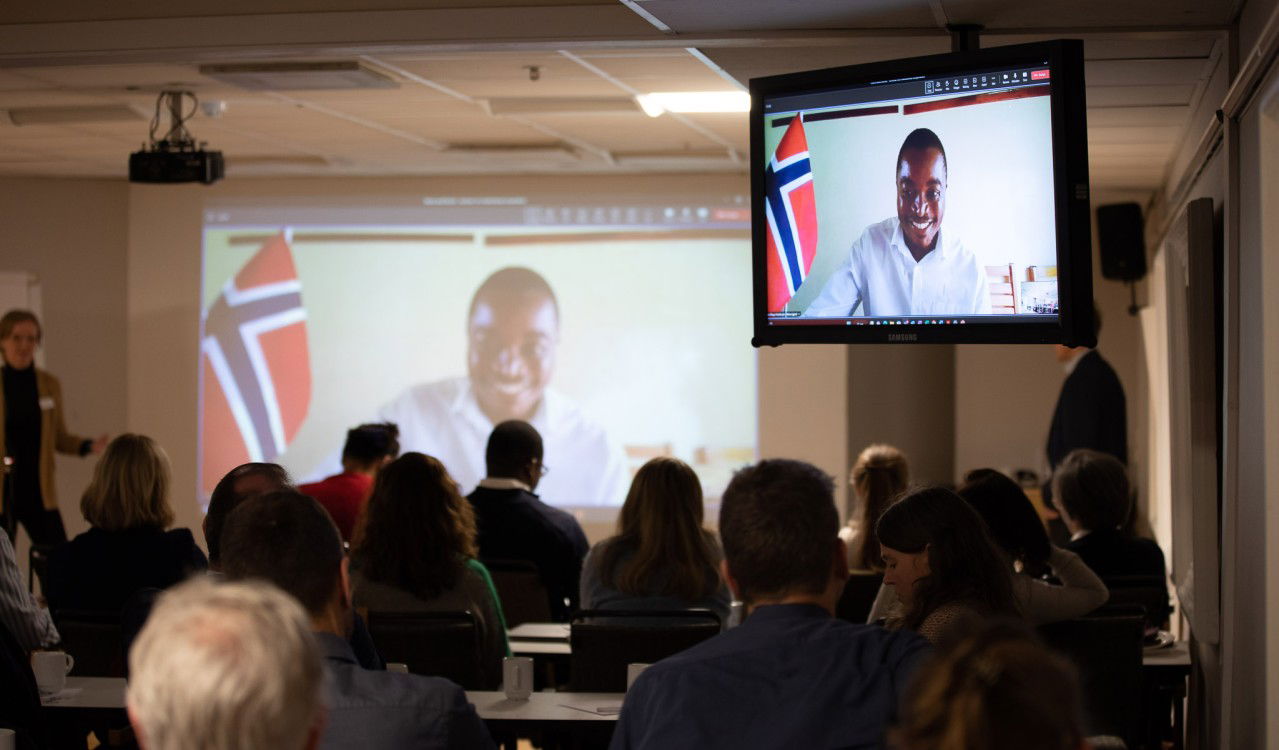
Norec partner Robert Mbaya from the organisation Youth Code participated in the seminar virtually from Malawi. Youth Code has had an institutional partnership with Flora upper secondary school in Norway for a number of years.
In his speech, he emphasised the importance of anchoring the project with the partners in the South:
– Donors and partners in the North need to work to develop a joint vision with their cooperation partners. They have to agree on the problem to be solved. And there must be confidence and the belief that the partner in the South has the right knowledge and expertise to identify the problem and to relinquish the notion that the partner in the South is merely a recipient of resources. Otherwise, the partnership is doomed to fail, said Mbaya.


